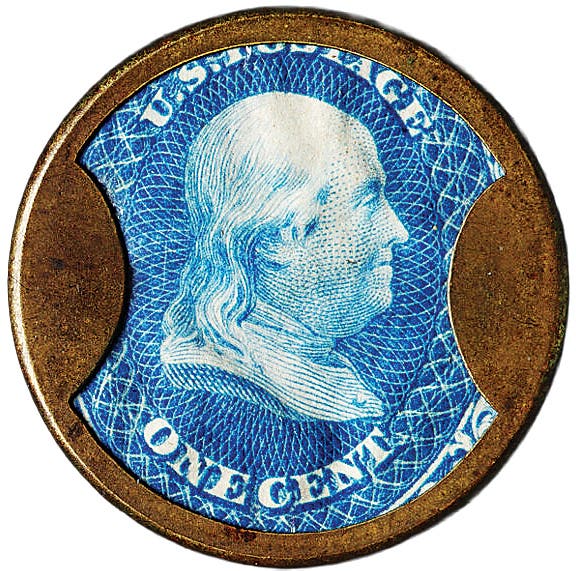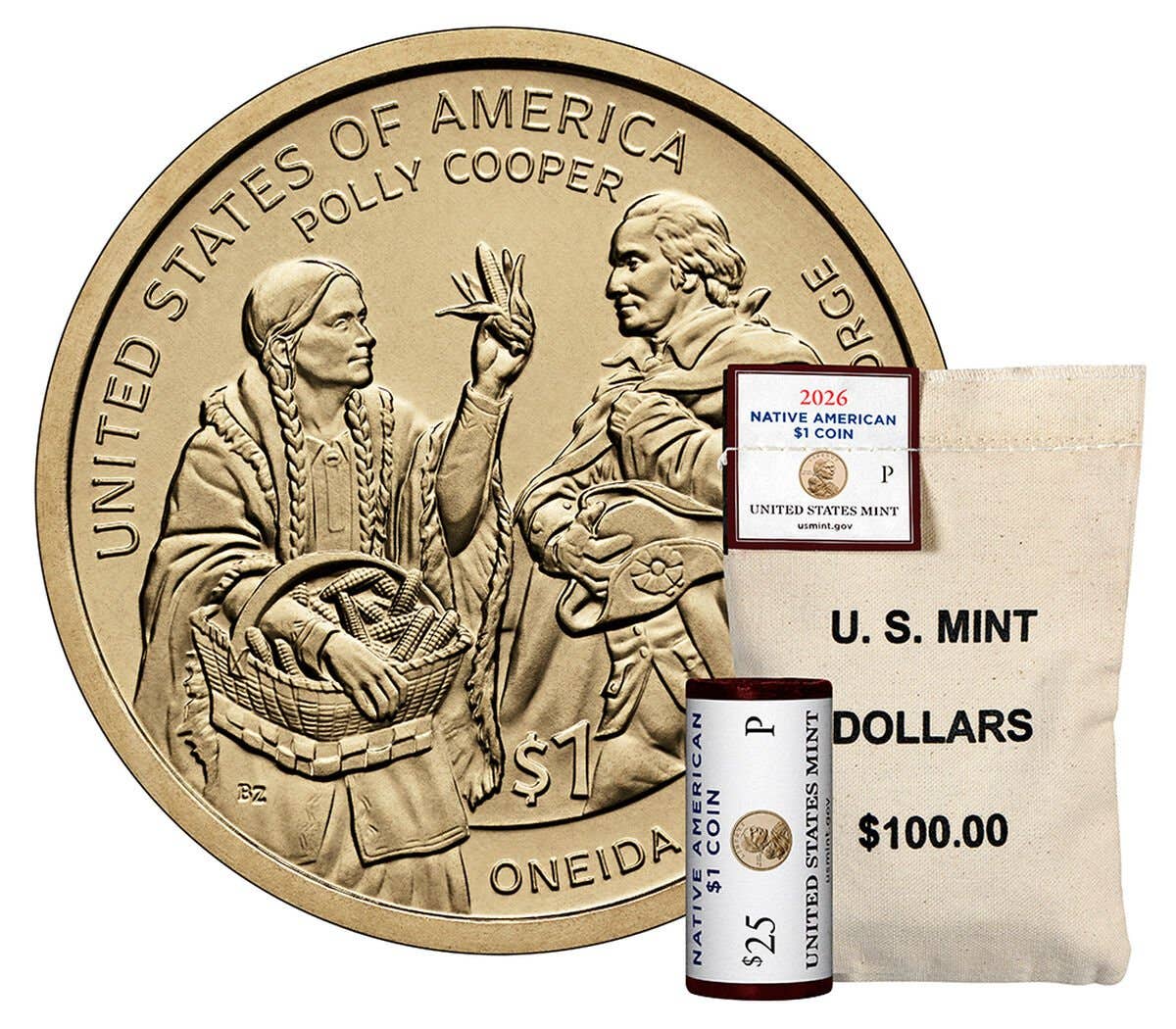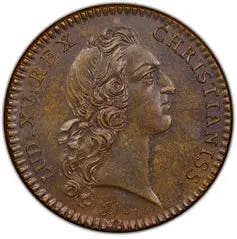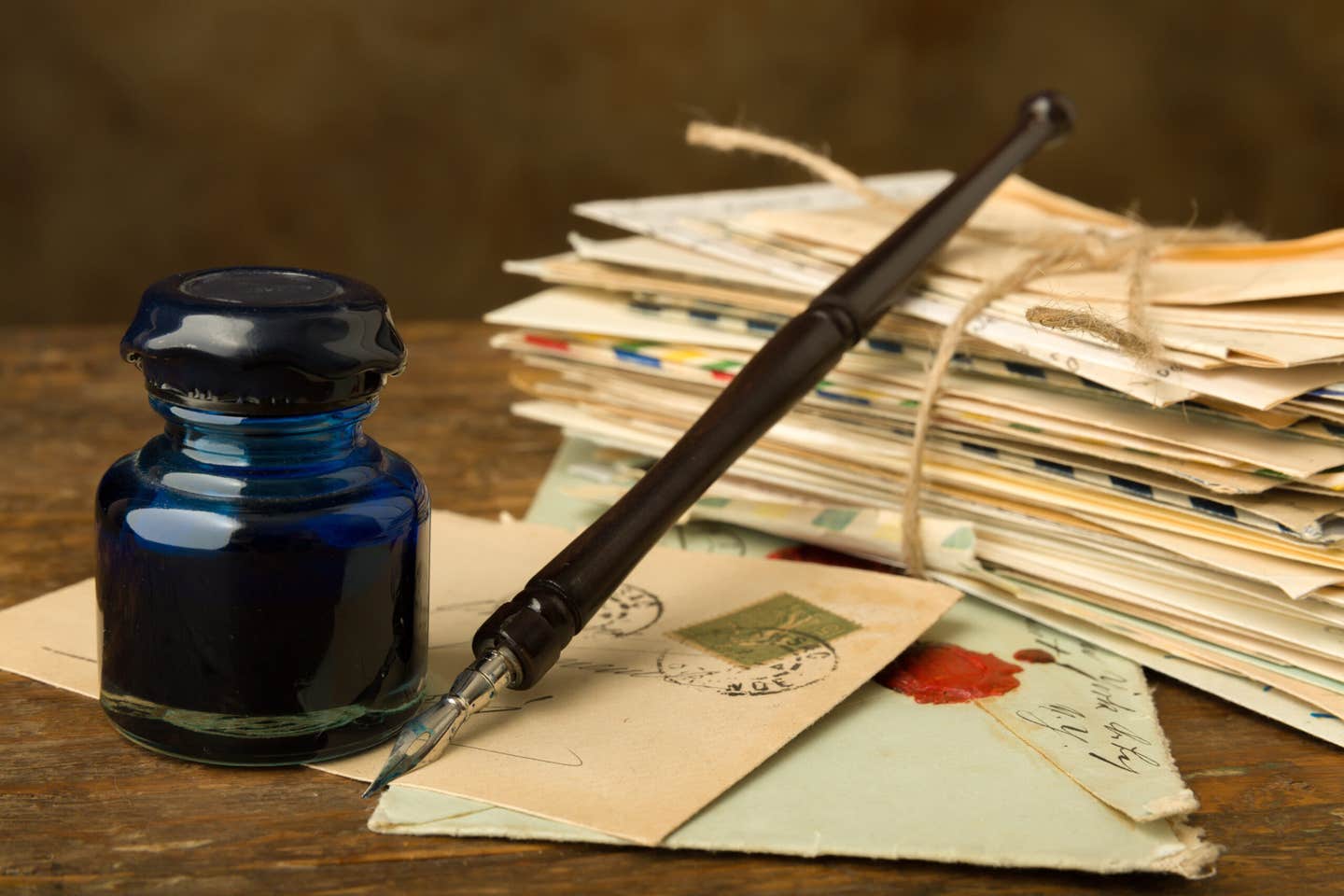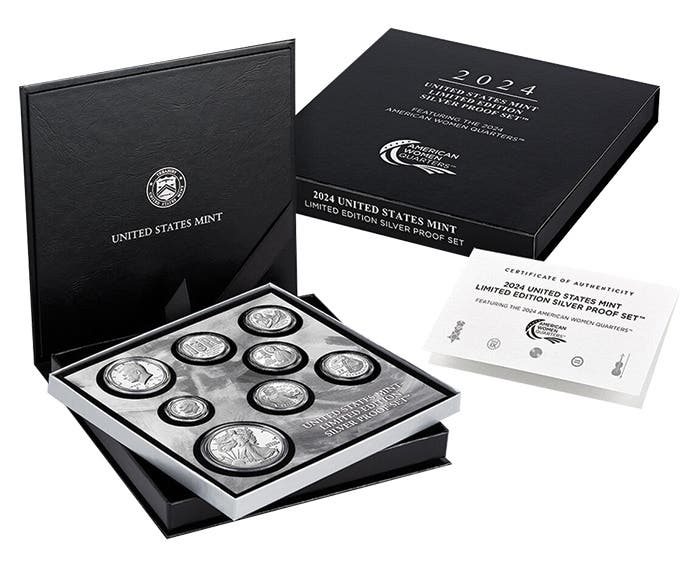This Week’s Letters (3/28/08)
Reader’s responses to the question, “Should the Langbord family be allowed to keep the 10 1933 $20s seized from them by the government?”
From the March 28 Numismatic News E-Newsletter:
Q. Should the Langbord family be allowed to keep the 10 1933 $20s seized from them by the government?
If Mr. Israel Switt purchased the 1933 $20 Double Eagles from the U.S. Mint legally and prior to, without prior knowledge, of President Roosevelt?s executive order then the coins belong to his family.
Jesse Tarshis
Montrose, Colo.
The family should be allowed to keep their property. The federal government cannot prove that those coins were stolen from the Mint or removed in any other illegal manner.
Dennis Colby
Villa Park, Ill.
Many numismatic treasures exist that have spurious origins. The idea that a party would be financially enriched by illegal acts of those in the past, no matter how long ago these actions or inactions occurred, goes contrary to the origins of our nation and sets a poor example for our future generations.
All of these items belong in ownership of the United States (all of us) and should be, at best, museum pieces never to be sold into private hands.
Tom Jurewicz
Seattle, Wash.
Yes, they should be allowed to keep them, sell them, or (heaven forbid) spend them; if that?s what the family wants to do. How do these coins differ from 1913 Liberty nickels, 1804 silver dollars or 1885 Trade dollars and other so-called ?never issued? coins? The government?s obsession with whether gold was ever illegal to own should have been put to rest in 1974 when that right was restored. They should have more things to worry about than this silly stuff!
Bob Klippstein
Greensboro, N.C.
The government seizes personal property every day. It is not right, but by the time you prove it, it is usually not worth the lawyer you have to use to get your property back. In the case of the ?appropriately? gold coins, they should not have been seized in the first place. They should be returned or legal action should be taken. If the government wants a coin for the Smithsonian, they should offer market price as soon as it can be established.
Jerome Edwards
Naples, Fla.
The Langbord family should be able to keep these 10 gold double eagles. I understand that before the presidential order forbidding private gold ownership, you could go to the U.S. Treasury and exchange money in other forms for newly minted coins. The forbearers of this family could have done exactly that in the days before that presidential order was written, and it was quite legal then. It is totally stupid for the U.S. treasurer to claim these coins are illegal now.
Donald Young
Harrodsburg, Ky.
The capricious policies of the U.S. Treasury with regard to issues ?escaping from the Mint? should not be tolerated. If one piece was declared to be legally held they all should be legal. The fed?s action and level of inaction with regard to aluminum 1 cent coins and 1964 dollars that also escaped is typical. If you are a member of Congress or have enough political connections. It would seem that the feds will overlook the legality of ownership. The coins should be returned to the family.
Al Beck
Chico, Calif.
In answer to the question regarding the 10 pieces of $20 gold that was taken from the Langbord family, I feel they should be allowed to keep the coins. The government has become too intrusive on many questionable acts they have taken. I say good luck to the Langbord family and to take every action their attorney can take to keep the coins.
Edward J. Moschetti
Pittsburgh, Pa.
The family should definitely be allowed to keep
the GOLD double EAGLES. .They(the family) did
absolutely nothing illegal. My opinion !
Skip Foster
Knoxville, TN
I believe the law is against them owning the coins. I don?t agree with it, but it is the law.
Chuck Nickle
Cassville, Mo.
Yes. They aquired them legally (tongue in cheek). and they should be able to keep them with one acception. Donate one to the smithsonian.
Even though the value of the coins will probably be diluted they are still the propery of the Langbord family.
Harold Plucienik
Chicago Heights, Il
I feel the Langbord family should get their family?s gold back. From what I have read there was a period of one month where older $20 gold pieces could be exchanged for the 1933 Double Eagles. If the exchange process was not supposed to be carried out, it was the government?s mistake and not the people who exchanged their older gold pieces for the (at that time) legal 1933 gold pieces.
Steve Farrow
Jackson, TN
First of all, thank you for your editorials, I always enjoy them!
With respect to the famed 1933 $20 Gold Double Eagles, you pose an iteresting question. Yes, in my opinion, the US Mint should make the same deal as they have done before with the King Farouk specimen. Legalize the coins and allow the Langbord family to sell them with an agreement that the US Mint receives half of the proceeds.
However, I have some comments and observations that I find even more fascinating than these 10 coins.
Personally, I do not know the Langbord family, however I did live in Philadelphia for many years and have met some very interesting people with very interesting stories about the 1933 Series of $20 Gold Double Eagles in the Tri-State Area. In fact, I believe that the Langbord Family has possession of far more than the 10 coins that they surrendered. If you think about it, knowing that these are extremely valuable, most people would surrender a portion of their coins for authentication and certainly not all of the coins, especially since all of the coins are identical.
Further, I know several dealers in New York, Pennsylvania, New Jersey and Delaware that have told me that they personally know of at least 4 or 5 of the 1933 $20 Gold Double Eagles which are currently held in private collections. In fact, I have personally seen one of these coins that I believe to be genuine being shipped to an overseas buyer.
In my opinion, there are at least several dozen 1933 $20 Gold Double Eagles in existance and if I had the necessary funds to buy one, I could prove it.
Thank you again David,
Alex Snopek
Phoenix, Arizona
Yes, unless the government can prove without a doubt they were stolen from the mint! Furthermore, I wish the damn government would quit sticking it?s nose in our affairs.
Sanford Mazel
Altadena, CA 91003
The Federal govt can not identify on what date(s) these gold twenties were obtained from the Mint, which
should undermine their case in court as they can not state without doubt these coins were obtained AFTER
the federal order (by FDR) made private ownership illegal...and how does the government make private
ownership of any type of gold (bars, coins jewlery) illegal?
If these coins were bought directly from the Mint before that (was it late March or early April? I forget) specified
date when no more gold would be sold by the government, then they should allow the private ownership of the
1933 twenty (and the ten is not affected...WHY?) because they can?t prove their case of illegally obtained. Sale of
the twenties after the speficied date by individuals who obtained them again BEFORE the date should not be an
iissue either. Any $20 gold for 1933 most likely was obtained BEFORE the Mint froze sales and that?s all there is...
Besides the gold coins are the property of the people! Where is mine???
Louis Schain
Houston, TX
Under the law, anyone receiving contraband forfeits the asset upon discovery by the authorities. As the 1933 Gold Coins were held unlawfully, they should not be returned to those who illegally held them. The coins should either be destroyed or put in the collection of the Smithsoni an Institution. No compensation should be given for the seized coins.
The same law should be applied to other issues that have ?escaped? from the mint. If there are any 1964 Peace Dollars out there, the government should confiscate them when they show up, no matter when they show up. Theft and dishonesty should not be rewarded and anyone who acquires coins from a thief should be prepared to take a loss.
Sincerely,
Bruce Frohman




